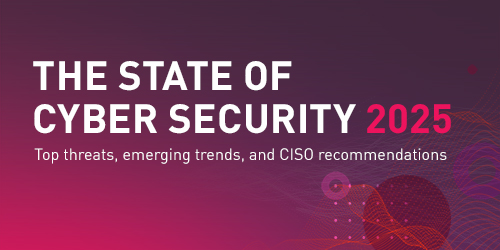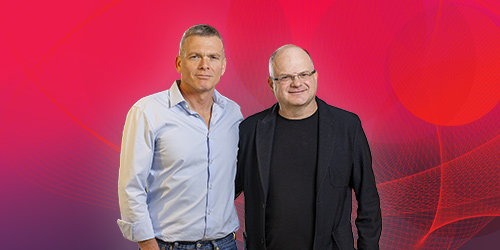What Makes a Solution an SSA Solution?
An SSA solution is designed to provide integrated security to the distributed enterprise. According to GigaOm’s Radar for Secure Service Access (SSA) report, some of the key capabilities that make up an SSA solution include:
- Cloud-Native Convergence: SSA solutions converge networking and security capabilities into a single cloud-native offering. This convergence improves the usability, performance, and scalability of the platform.
- Location-Independent Service Delivery: The modern enterprise may have remote workers, remote sites, and cloud-based resources all over the world. SSA solutions should provide secure, reliable access to corporate resources regardless of location.
- User-Centric Policy Enforcement: Identity is the foundation of a zero-trust security strategy. SSA integrates user identity across corporate systems to provide consistent policy enforcement and access to corporate resources.
- Distributed Policy Enforcement: Security solutions were deployed in the corporate data center, centralizing security management. SSA uses distributed security enforcement locations to allow security enforcement without sacrificing network performance.
- Standardized Software-Defined Architecture: Companies may have infrastructure deployed in a variety of different environments. SSA solutions should use software-defined architecture to support various deployment options.
These features define the core attributes of SSA, but SSA also needs to have certain capabilities to secure the remote workforce. Some of the security solutions that should be part of an SSA offering include:
This set of solutions is essential to effectively protecting an organization’s remote workers and sites against cyber threats. However, integration is also crucial to ensuring that the corporate security team is capable of effectively managing these solutions and responding to potential security incidents across the corporate WAN.
Why Is SSA Important?
Historically, the majority of an organization’s IT assets were located on-prem. By deploying security solutions at the network perimeter, companies could protect their systems against external threats and prevent data exfiltration and inappropriate use of corporate IT assets.
With the growth of remote work, cloud computing, the Internet of Things (IoT), and the use of mobile devices, a growing percentage of corporate IT assets are now located outside the traditional network perimeter. As a result, perimeter-based security solutions may not be able to protect them without sacrificing network performance and may not offer the security capabilities that they need.
SSA solutions are designed to protect an organization’s remote workers. SSA solutions are cloud-native, integrated solutions that enforce zero-trust access controls and security policy enforcement across the corporate WAN. This ensures that all of an organization’s workers and systems are protected regardless of their location.
SSA vs SSE
SSA, Secure Access Service Edge (SASE), and Security Service Edge (SSE) are all terms for converged, cloud-native security solutions. These offerings primarily differ in what solutions they offer.
For example, both SSA and SASE integrate network security solutions (CASB, FWaaS, SWG, and ZTNA) and SD-WAN. However, SSA solutions also require EDR, XDR, and NDR, while SASE solutions also have additional network optimization functionality built in. SSA differs from SSE in that SSA integrates SD-WAN and endpoint security functionality. SSE solutions focus solely on cloud network security solutions such as CASB, SWG, and ZTNA.
In general, a single solution may tick the boxes for several of SSA, SASE, and SSE. However, certain solutions may be designed for particular use cases and offer a subset of the possible features.
SSA with Harmony SASE
The goal of SSA is to provide integrated security that meets the needs of the remote worker. Check Point Harmony SASE offers the same security used by 90% of the Fortune 500 in an easily deployed and user-friendly solution.
Harmony SASE provides all of the tools that companies need to protect remote workers, including ZTNA, CASB, SWG, and FWaaS. These solutions enable Harmony SASE to offer zero-trust access management, data protection, and advanced threat prevention in a single package that is easy for security teams to deploy, monitor, and manage.
In its inaugural Radar for Secure Service Access (SSA) report, GigaOm called out Check Point Harmony SASE as a ‘Fast Mover and Challenger’ in the space. Learn more about the criteria for selection and why Harmony SASE was labeled both a “Fast Mover” and “Challenger” by downloading the report.
Check Point Harmony SASE is leading the way in the SSA space. See what it can do for yourself by signing up for a free demo today.





